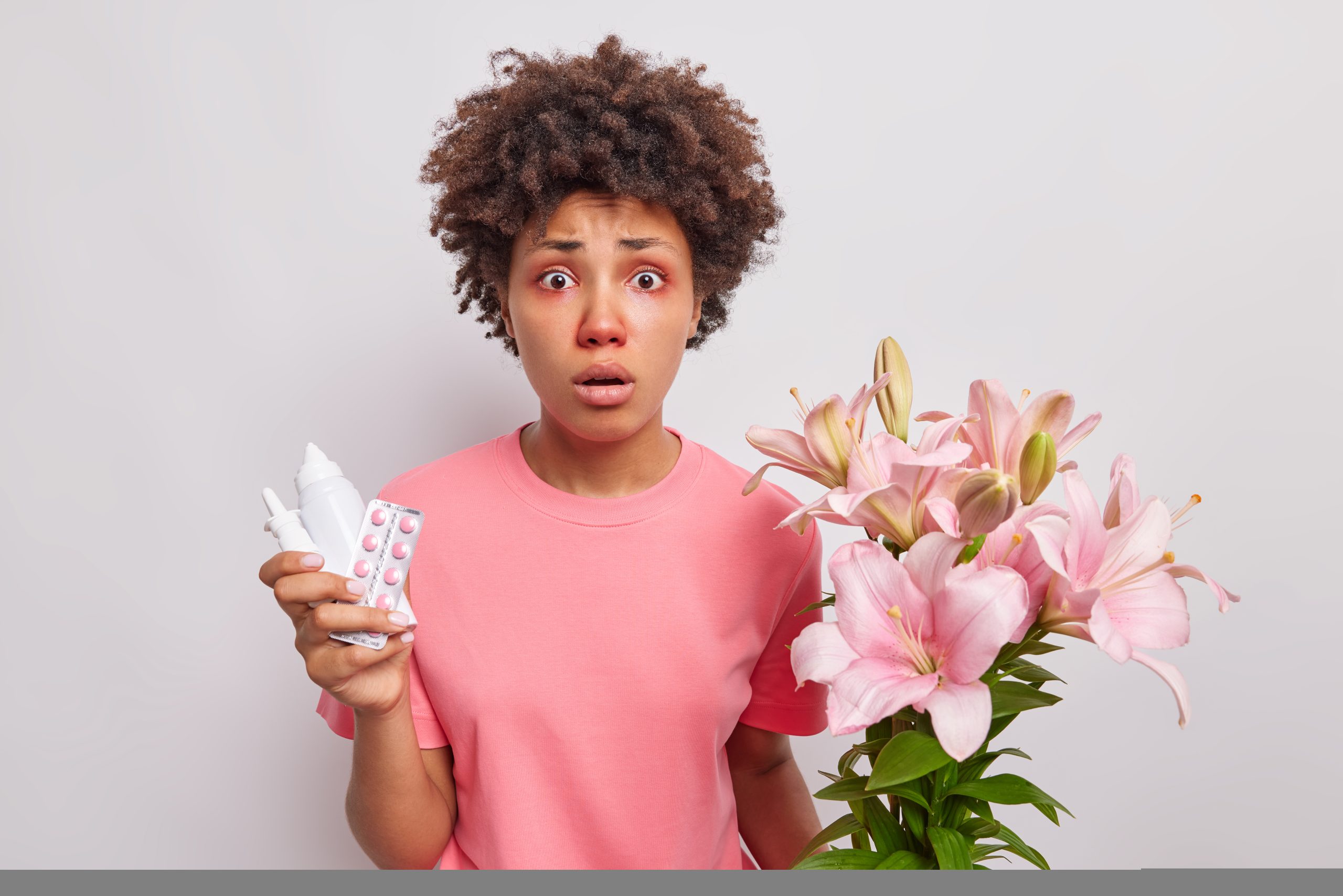Beauty has always been a currency in our world. Clear skin, glowing hair and a snatched waist are celebrated like golden tickets. But for many women living with Polycystic Ovary Syndrome (PCOS), this picture-perfect standard can feel painfully out of reach.
According to World Health Organisation, PCOS affects one in 10 women of reproductive age. While often discussed in relation to fertility, its impact on appearance and self-image is just as heavy.
PCOS triggers hormonal imbalances, especially higher androgen levels. These can cause persistent facial hair, sudden acne breakouts, hair thinning or hair loss, dark skin patches and weight gain around the belly. According to U.S. National Institutes of Health, about 70 per cent of women with PCOS notice major hair changes and roughly 50 per cent struggle with acne well past their teen years.

In a world obsessed with smooth skin and sleek hair, these changes can chip away at confidence. Skincare becomes less about fun routines and more about damage control. The battle is not just physical. A 2024 review in Human Reproduction Update found that six in 10 women with PCOS experience anxiety or depression. Many point to beauty pressures and social stigma as major triggers.
Even the best gym routine can feel useless when insulin resistance makes weight loss harder. According to Endocrine Society, women with PCOS are three times more likely to develop insulin resistance, which increases the risk of type-2 diabetes and heart disease.
So it is not just about willpower. It is biology. And that realisation can be both frustrating and freeing. Experts recommend combining medical care with gentle self-care.
Here are practical ways to manage PCOS
- Eat for your hormones by pairing protein with every meal and adding vegetables and whole grains to help balance blood sugar and control insulin spikes.
- Move your body gently by choosing activities like walking, swimming or yoga. They help your body use insulin better while reducing stress.
- Treat your skin with kindness by using gentle cleansers for acne and moisturisers with glycolic acid to fade dark patches.
Consistency matters more than pricey products. Prioritise your mental health with therapy, mindfulness and support groups to calm stress and lift your mood.
Doctors may also prescribe hormonal or insulin-sensitising medication to regulate cycles and reduce symptoms. Always seek professional evaluation first.
Living with PCOS should not be a lonely battle. Workplaces, schools and communities can make a huge difference by normalising conversations about PCOS, offering empathy instead of judgment, providing flexible wellness programmes and demanding better reproductive endocrine and mental health care.
Governments and health agencies must also invest in affordable hormone testing and treatment options.
PCOS is not a sign of laziness or poor self-care. It is a medical condition and not a character flaw.
If you notice symptoms like irregular menstruation, sudden weight gain, excess hair or stubborn acne, do not brush them off. Book a medical check-up.
Most importantly, reach out for support. Talk to a friend, join a support group or see a counsellor. You do not have to walk this journey alone. Your beauty is not defined by any condition.








